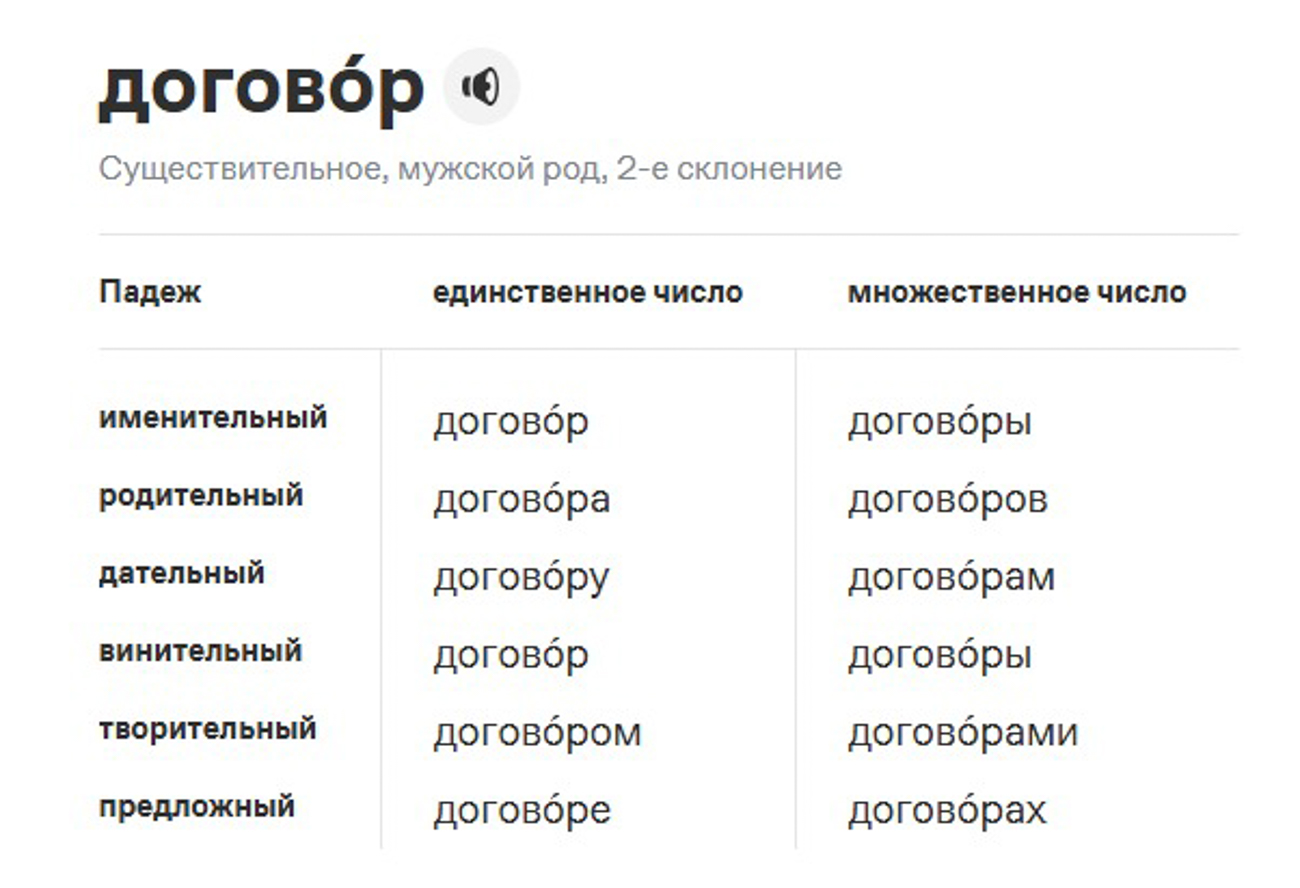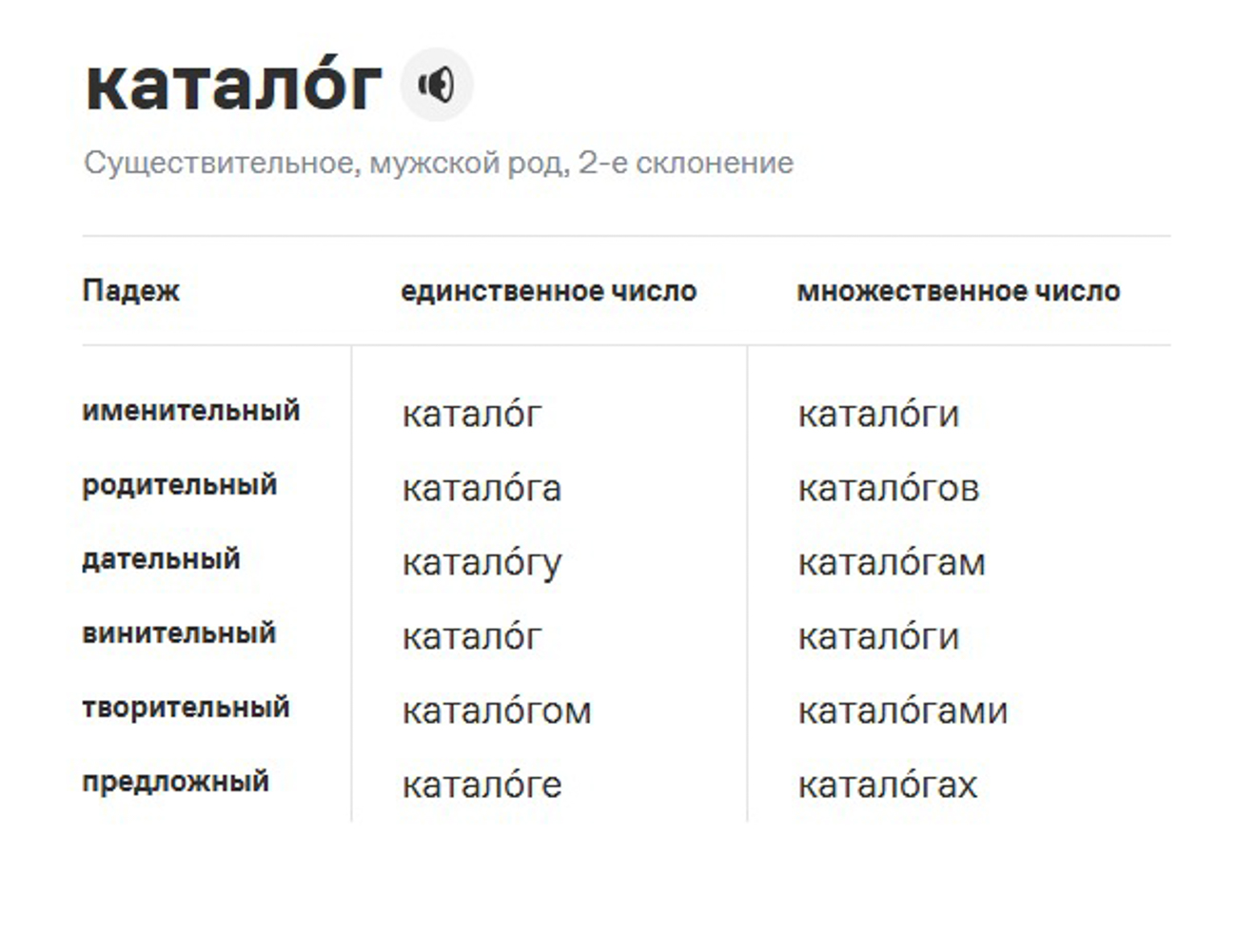
10 Russian words which stress confuses even Russians

1. ‘Мусоропровόд’ OR ‘мусоропрόвод’

‘Musoroprovod’ means ‘garbage chute’ in English. This compound word consists of two parts: ‘мýсор’ (‘musor’, which means ‘garbage’) and ‘провόд’ (‘provod’, which originates from the verb ‘to conduct’).
The difficulty arises exactly with the second part. The thing is that, in Russian, the word ‘провод’ has two meanings, which are written the same, but have different stresses. In this case, it’s ‘провόд’ (‘provόd’). But, there is a more frequently used meaning, ‘прόвод’ (‘prόvod’), which is a wire. So, many Russians confuse them.
The correct version is to put stress on the last vowel – ‘мусоропровόд’.
The same situation and logic is applied to the word ‘газопровόд’ (‘gazoprovod’), which means ‘gas pipeline’.
2. ‘Договόр’ OR ‘дόговор’

‘Договόр’ (‘dogovor’) means an agreement or a treaty. There are two problems with the word at once. Some people mistakenly put the stress on the first vowel. In addition, confusion arises with the plural: they often say ‘договорá’ (‘dogovora’). However, this is a mistake; the correct way to say it is: ‘договόры’ (‘dogovory’).
3. ‘Квартáл’ OR ‘квáртал’

There are a few words in the Russian language that representatives of certain professions pronounce incorrectly, justifying that these words are professionalisms and, in a professional environment, they should be used in this way.
For example, when speaking about a three-month time period, most Russians would say ‘квартáл’ (‘kvartál’). While accountants often submit quarterly reports and refer to them as ‘квáртал’ (‘kvártal’). But, that's a mistake. There is a single correct stress – ‘квартáл’ (‘kvartál’) and ‘квартáльный отчет’ (‘kvartalny otchet’).
Another meaning of ‘квартáл’ (‘kvartál’) in Russian is a section of a city between four rectangular-shaped roads. In English it is called a block or quarter. And here the stress is placed in the same place – ‘квартáл’.
4. ‘Каталόг’ OR ‘катáлог’

This word came into Russian from Greek and, in the original, the stress falls on the second syllable – ‘katálogos’. In English, the word ‘catalog’ has the stress on the first vowel. Often in Russian, representatives of certain technical professions pronounce ‘katálog’ incorrectly. The correct pronunciation is ‘каталόг’ (‘katalόg’).
5. ‘Звони́т’ OR ‘звόнит’

This frequently used verb meaning ‘to ring’ or ‘to call’ causes the greatest number of misunderstandings. For some reason, an error in this very word irritates people the most and is considered to demonstrate illiteracy.
The infinitive of the verb is ‘звони́ть’ (‘zvonit’), so, in all forms, the stress falls on the same vowel.
But, for some reason, Russians have trouble with the present tense. Some say ‘он звόнит’ (‘he calls’). But, that's incorrect. It should always be ‘звони́т’ (‘zvonit’). The same is with the verb ‘позвони́ть’ (‘pozvonit’).
6. ‘Краси́вее’ OR ‘красиве́е’
“Твоя машина красивее, чем моя” (“Tvoya mashina krasiveye, chem moya”, which is “Your car is prettier than mine”) What's the right way to say the word ‘красивее’ (‘krasiveye’), which is a comparative adjective from ‘краси́вый’ (‘krasivy’)?
As Gramota.ru explains, the Russian ‘-ee’ suffix in the comparative degree of adjectives has often a stress on it: for ‘smart’ it would be ‘ýмный – умне́е’ (‘umny – umneye’) and, for strong, it’s ‘си́льный – сильне́е’ (‘silny – silneye’). But, not in the word ‘краси́вый’. This is an exception to the rule. And the stress is kept on the same syllable – the correct way to say it is ‘краси́вее’ and no other way. You just have to memorize it.
7. ‘Свёкла’ OR ‘свеклá’

The literary norm to say and spell this word is ‘свёкла’ (‘svyokla’). This means ‘beetroot’, famously used to make a borsch soup. But, most often, you will hear ‘свеклá’ (‘svekla’) with the stress on the last vowel and even without the letter ‘ё’. Many Russians think that both variants are legitimate. But, they are not.
Most likely, the confusion arose due to the fact that ‘ё’ in Russian is very often written as ‘e’ without the umlaut on top.
8. ‘И́скра’ OR ‘искрá’

“Из и́скры возгорится пламя” (“Iz iskry vozgoritsya plamya”). This is an epigraph of Vladimir Lenin's newspaper titled ‘Iskra’. And it's translated as “From a spark a flame will flare up”.
So, 'и́скра' ('iskra') is a spark and, at the same time, a famous newspaper title. And when referring to the newspaper, everyone pronounced this word with the correct stress on the first vowel. But, for some reason, when it came to a spark, one would hear 'искрá', which is a mistake. Most likely, the incorrect form spread because of the verb 'искри́ть' ('iskrit'), ‘to spark’, where the stress is on the second vowel.
9. ‘Тóрты’ OR ‘торты́’

There is no problem with the word ‘торт’ (‘tort’) which is a cake. Because it has only one vowel. But, as soon as the word takes the plural form, that's where the errors arise. The correct pronunciation is ‘тόрты’ (‘torty’).
10. ‘По сре́дам’ OR ‘по средáм’?

In fact, both variants are correct, but the context is important. If we are talking about a day of the week, ‘средá’ (‘sreda’), which is Wednesday, then it is acceptable to say both ‘по сре́дам’ and ‘по средáм’ (‘po sredam’). For example, “я не хожу в офис по средам” (“Ya ne khozhu v ofis po sredam”) or “I don't go to the office on Wednesdays”. But, the word ‘средá’ has another meaning – environment, habitat. In this case, only ‘по сре́дам’ is acceptable.
You can check the correct stress for any word and any word form at Gramota.ru.












